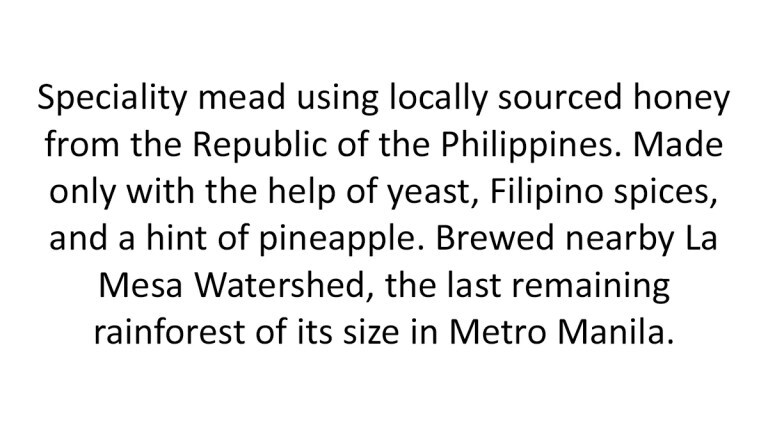
What is a Mead?
Mead is often referred to as the nectar of the gods and is one of the oldest known fermented beverages. It is created by fermenting honey with water, sometimes with the addition of fruits, spices, grains, or hops for flavoring. It’s alcohol content varies but is typically around 5–20%. Our recipe has an alcohol by volume (ABV) of 15%.
Mead is expensive because honey is expensive. Honey production requires a lot of time, labor and resources, and the supply of honey is affected by factors such as climate change, bee diseases and pests. Therefore, honey prices are high and mead makers have to pay more for their main ingredient. Mead also takes longer to ferment than beer or wine, which adds to the production costs.
Please take note that mead flavor is influenced by the actual honey source used so expect some variation across batches. Honey differs based on bee species, forage area, weather, location among others. Additionally, since we don’t use additives for clarification, there may be slight impurities in some bottles.
La Mesa Mead - Western Honeybee (Apis mellifera)
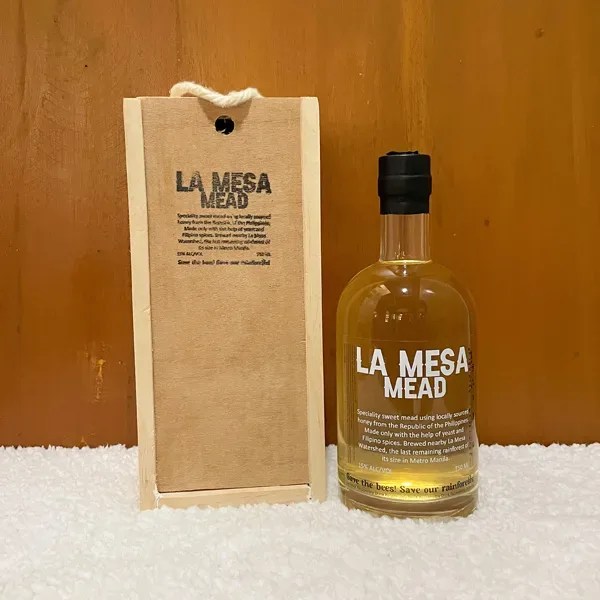
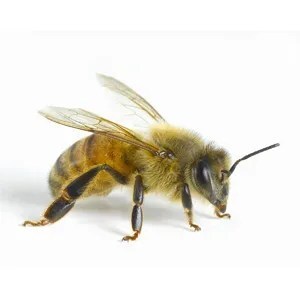
The western honey bee or European honey bee (Apis mellifera) is the most common of the 7–12 species of honey bees worldwide.
We maintain Apis mellifera colonies in Fairview, Quezon City, and in Barangay Pundaquit, San Antonio, Zambales.
We also augment our honey supply from other ethical and local suppliers for our mead production. We do not import honey.
La Mesa Mead - Philippine Giant Honeybee (Apis breviligula)
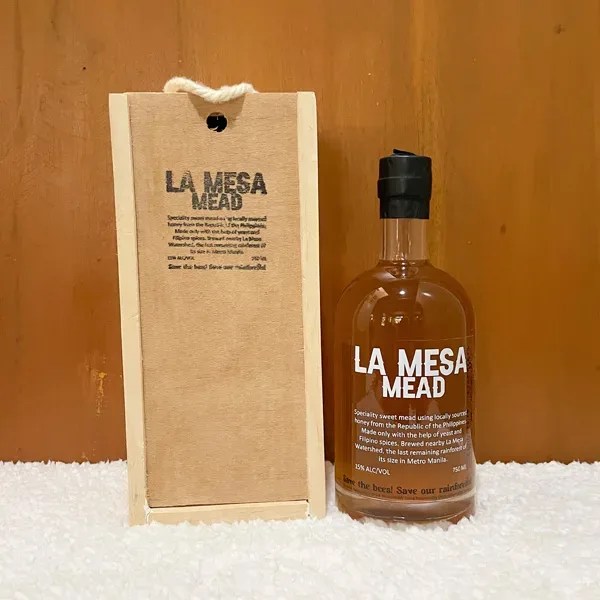
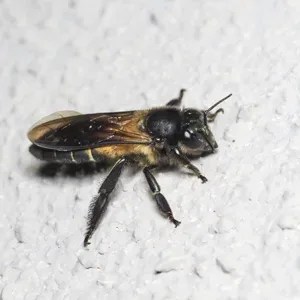
Apis dorsata breviligula is different from Apis dorsata dorsata in that it has white abdominal stripes and a shorter tongue and is only found in the Philippines
We ethically source Apis dorsata breviligula honey from local suppliers and farmers for our mead production. We do not maintain Philippine Giant Honeybee colonies.
We do not import honey.


